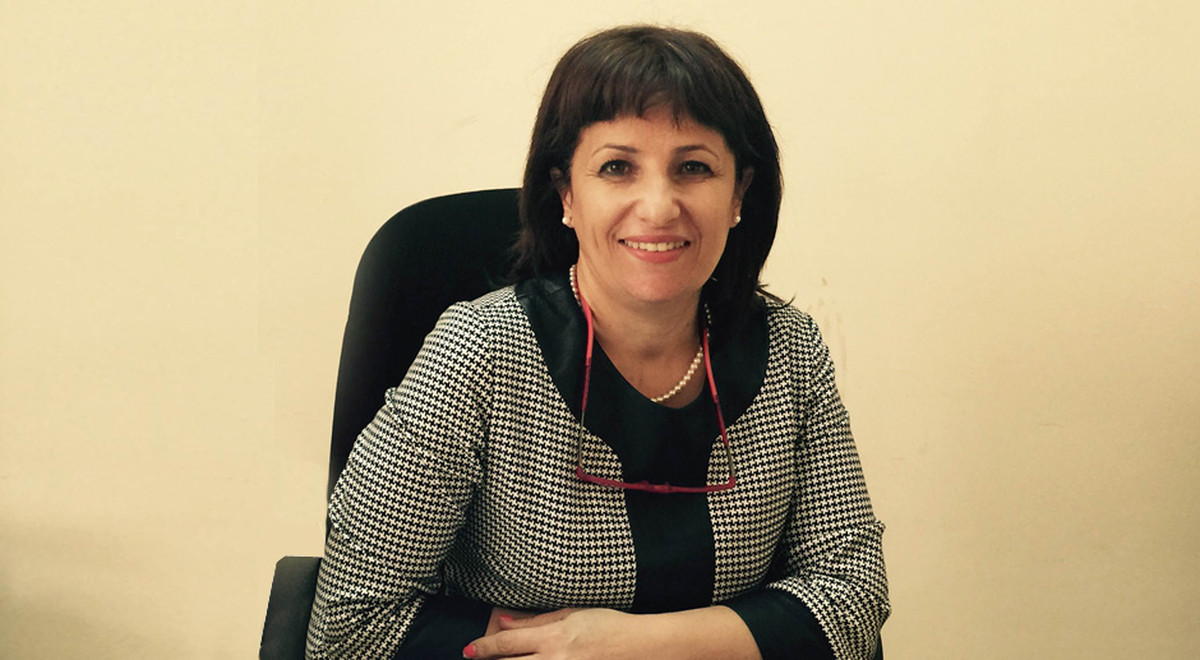Eastern Mediterranean University Health Sciences Faculty Acting Dean Prof. Dr. Mehtap Malkoç released a message stressing the importance of “Cancer Week”.
Prof. Dr. Malkoç stated that cancer is currently one of the most important health problems resulting in deaths worldwide. It is estimated that in 2030, the number of cancer caused deaths will reach 11 million. Every hear, over 12 million individuals are diagnosed with cancer and 76% of them are over 55. In our country, the frequency rate of cancer is directly propotional with age and the most frequent types of cancer in men is lung and in women is breast. Prof. Dr. Malkoç put forth that with the aim of raising public awareness regarding this important health problem and create a more informed society regarding the issue, every year the first week of April is marked as the “Cancer Week” and an array of activities serving for the cause are organised.
Prof. Dr. Malkoç added that cancer does not always mean death and stated that the public should be made aware of the fact that important changes in lifestyle result in cancer. During the recent years, the life expectancy of cancer patients has been prolonged, thanks to advanced diagnosis tools and treatment choices. The treatment of cancer should be carried out by a team and at this point the important role of ‘rehabilitation’ surfaces.
Prof. Dr. Malkoç stated that cancer rehabilitation is a program that helps people with cancer to maintain and restore physical and emotional well-being. Cancer rehabilitation involves many types of specialists working together to develop a personal rehabilitation plan that considers cancer patients’ physical, social, psychological and professional independence. General principles of the rehabilitation programs which are important components of cancer treatment are common. The aim is to keep the life quality of patients high and help them continue with their normal routine. Cancer rehabilitation is divided into four main categories as preventive, restorative, supportive and palliative. The current cancer treatment schemes take a multidisciplinary team approach as basis. The priority is cancer prevention, which have the primary, secondary and tertiary steps. In primary prevention, the goal is to protect healthy people from developing a disease or experiencing an injury in the first place. This can be achieved by avoiding wrong lifestyles, unhealthy eating habits, smoking, alcohol, hormones and radiation hazards. Secondary prevention measures, on the other hand, are regularly undergoing cancer screening such as mammography, smear and blood tests. Prevention at tertiary phase involves physical and psychosocial rehabilitation.
Prof. Dr. Malkoç concluded her message by stating that in our country, unfortunately, importance is not given to cancer rehabilitation, which is an important step in cancer treatment. One should remember that some treatment elements in cancer may be risk factors on specific organs. Cemotherapy and radiotherapy may be given as examples for this. The negative effects caused by the aforesaid treatment methods may be minimised by rehabilitation. In this respect, it is of utmost importance that cancer rehabilitation teams are formed in our country. EMU Health Sciences Faculty aims to put a sample “Society-based Rehabilitation” model into action in collaboration with other stakeholders.

